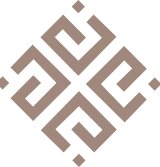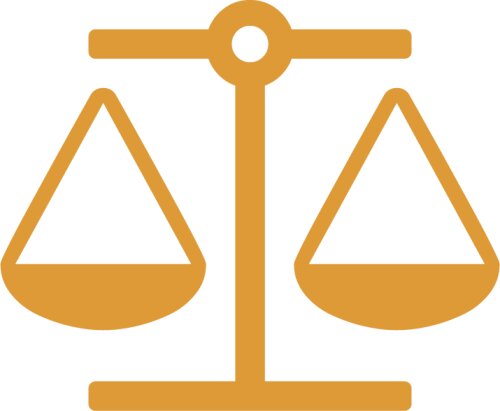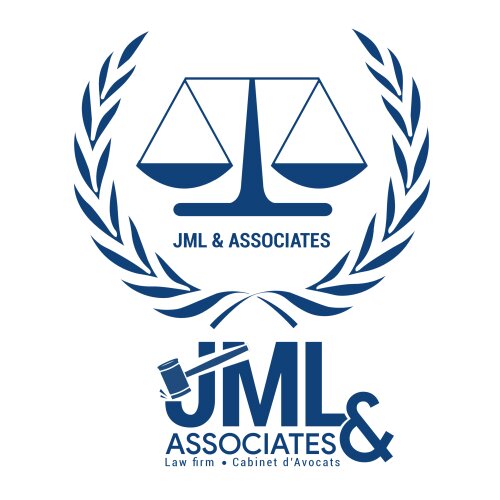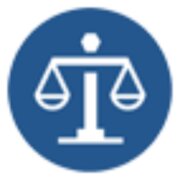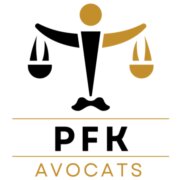Best Collaborative Law Lawyers in DR Congo
Share your needs with us, get contacted by law firms.
Free. Takes 2 min.
Free Guide to Hiring a Family Lawyer
Or refine your search by selecting a city:
List of the best lawyers in DR Congo
About Collaborative Law in DR Congo
Collaborative Law in the Democratic Republic of the Congo (DR Congo) is a relatively new approach to resolving disputes without resorting to litigation. It aims to foster an environment where parties can amicably resolve their differences with the assistance of collaborative lawyers and, if necessary, other professionals such as mediators or financial advisors. This method is particularly beneficial for family law disputes, including divorce, custody battles, and property settlements. Collaborative Law emphasizes open communication, mutual respect, and working towards a satisfactory outcome for all parties involved.
Why You May Need a Lawyer
Although Collaborative Law emphasizes cooperation and negotiation, the presence of a skilled lawyer can ensure that your rights and interests are protected throughout the process. Common situations where legal assistance may be necessary include:
- During the negotiation of divorce settlements or child custody arrangements.
- When drafting agreements that need to comply with local laws.
- If one party is not participating in good faith, leading to potential breakdowns in negotiation.
- When clarifying complex legal issues or technicalities.
- In cases where there are significant power imbalances between the parties involved.
Local Laws Overview
The DR Congo legal system is primarily based on Belgian civil law. In the context of Collaborative Law, several aspects are particularly relevant:
- Family Law: Collaborative Law is often used in family law disputes, which in DR Congo are governed by the Family Code.
- Property Rights: Understanding of local laws concerning property rights, especially in the context of marriage and divorce settlements, is crucial for effective collaboration.
- Child Welfare: The best interests of the child are always a priority, and lawyers can help navigate these complex waters.
- Contract Law: Any agreements reached through Collaborative Law must adhere to traditional contract laws to be enforceable.
Frequently Asked Questions
1. What is Collaborative Law?
Collaborative Law is a legal process where parties work with trained professionals to resolve their disputes outside of court, focusing on mutual cooperation and problem-solving.
2. How is Collaborative Law different from mediation?
While both are alternative dispute resolution methods, Collaborative Law involves both parties hiring their lawyers to facilitate negotiations, whereas mediation involves a neutral third-party mediator assisting with discussions.
3. Can any lawyer assist with Collaborative Law cases?
No, it's important that the lawyer has specific training in Collaborative Law to effectively facilitate negotiations.
4. What happens if an agreement is not reached?
If negotiations break down, the involved lawyers must withdraw from the case and the parties can then pursue litigation with different legal representation.
5. Is Collaborative Law suitable for all types of disputes?
Primarily used in family law cases, it may not be suitable for all disputes, especially those requiring urgent legal intervention or cases involving domestic violence.
6. How long does a Collaborative Law process typically take?
The length of time varies based on the complexity of the case and the willingness of the parties to cooperate, but it is often quicker than traditional litigation.
7. Can Collaborative Law be used for child custody issues?
Yes, it is particularly beneficial for child custody disputes as it encourages parents to focus on the best interests of the child without adversarial court battles.
8. What are the costs associated with Collaborative Law?
Costs can vary, but they are generally lower than those associated with traditional court proceedings due to shorter timeframes and more streamlined processes.
9. Are the agreements reached in Collaborative Law legally binding?
Yes, agreements are legally binding once executed according to the required legal formalities.
10. Can Collaborative Law be used in business-related disputes?
While more common in family law, Collaborative Law can also be used in certain business disputes, particularly where maintaining relationships is a priority.
Additional Resources
For more information and assistance regarding Collaborative Law in DR Congo, consider reaching out to:
- Bar Association of DR Congo: They can provide referrals to qualified Collaborative Law practitioners.
- Local Family Law Centers: These centers often provide resources and referrals for family disputes.
- International Collaborative Law Groups: Provide resources and support for collaborative professionals and those interested in the process.
- Government Legal Aid Services: Offer support for individuals who may not afford private representation.
Next Steps
If you find yourself in need of legal assistance related to Collaborative Law, consider the following steps:
- Research and identify a lawyer with specific training in Collaborative Law.
- Arrange a consultation to discuss your case and the collaborative process.
- Prepare any documents and information that may be relevant to your case.
- Consider all available options and ensure that you understand the Collaborative Law process clearly.
Lawzana helps you find the best lawyers and law firms in DR Congo through a curated and pre-screened list of qualified legal professionals. Our platform offers rankings and detailed profiles of attorneys and law firms, allowing you to compare based on practice areas, including Collaborative Law, experience, and client feedback.
Each profile includes a description of the firm's areas of practice, client reviews, team members and partners, year of establishment, spoken languages, office locations, contact information, social media presence, and any published articles or resources. Most firms on our platform speak English and are experienced in both local and international legal matters.
Get a quote from top-rated law firms in DR Congo — quickly, securely, and without unnecessary hassle.
Disclaimer:
The information provided on this page is for general informational purposes only and does not constitute legal advice. While we strive to ensure the accuracy and relevance of the content, legal information may change over time, and interpretations of the law can vary. You should always consult with a qualified legal professional for advice specific to your situation.
We disclaim all liability for actions taken or not taken based on the content of this page. If you believe any information is incorrect or outdated, please contact us, and we will review and update it where appropriate.
Browse collaborative law law firms by city in DR Congo
Refine your search by selecting a city.




